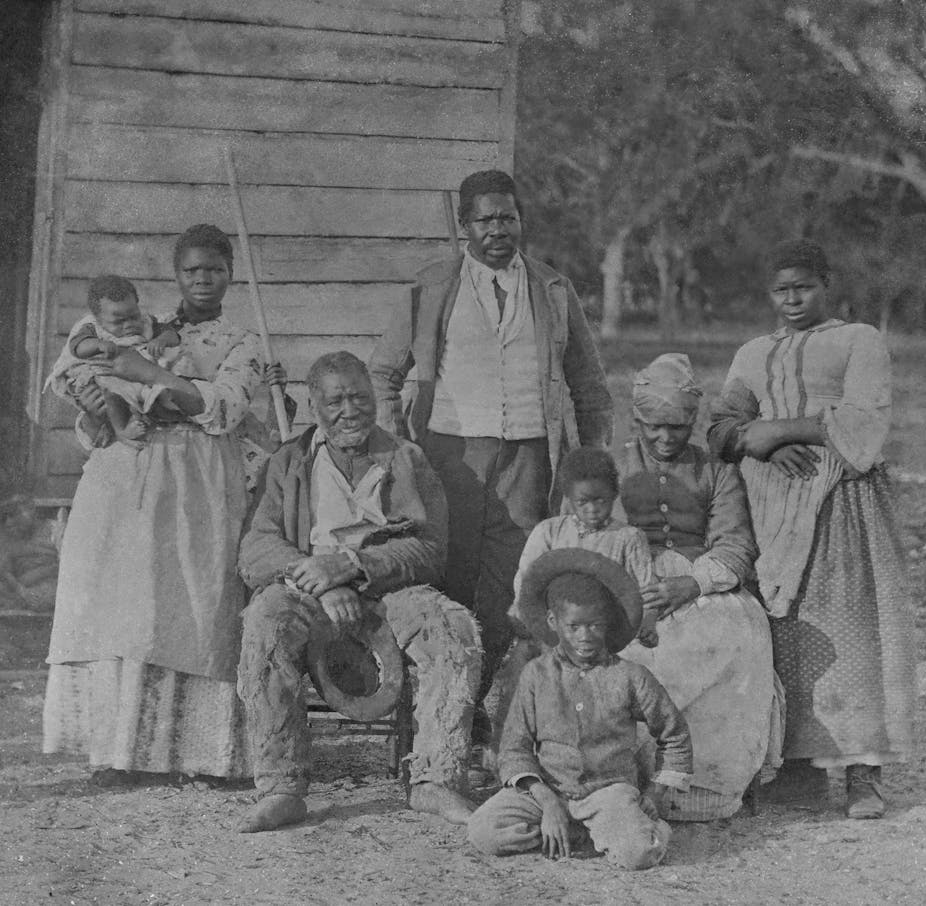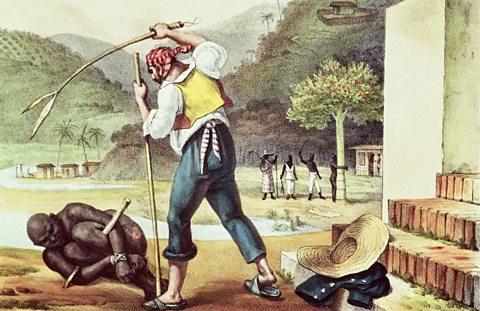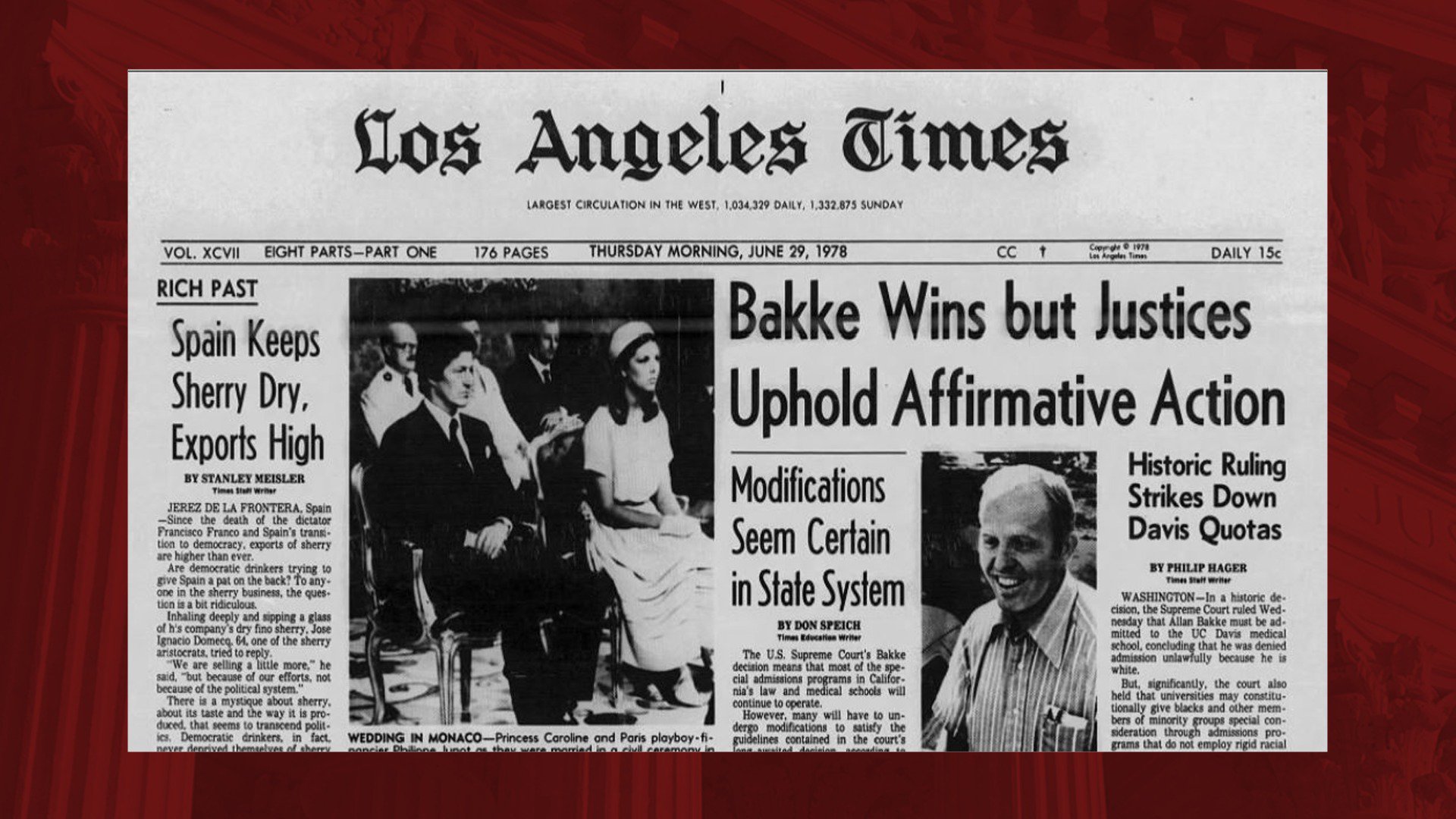The trial opened with the side in whom defended Plessy. They began with the ratification of the 13th amendment. One of the important things said here was, "seeds of justice had already been planted."
A great point about discrimination was brought up. Why do we, as whites, discriminate against people who don't look the same as us. We discriminate against people who didn't "choose" who they were when they were born. As for religion, God sees us as equals, so why can't we look past these differences?
Plessy was 1/8th African American. He was only 1/8th different from those sitting around him. So yet again, how do we pick and choose who can and can't sit in a certain car, well this is a great thing to think about.
This, "separate but equal" era truly harms the economy. There had be separate facilities for everything; that included, education, transportation, and so much more. The taxpayers are the ones who keep these public things going. Paying for double infrastructure ultimately becomes a burden. Instead, integrating things like school and transportation can allow the savings from this to be redirected for more important services like our military.Traditions are a valuable thing, especially for the African American culture. Segregation is basically telling them that their traditions, their culture is inferior to everyone else. In the Declaration of Independence, "All men are created equal," the 14th amendment, no state shall deny any person the equal protection of the law. These simple Constitutional amendments are so crucial in this case. Deciding this case based solely on race is unconstitutional, and this decision will strip African Americans of their liberty, their individual and personal freedoms.
On the other hand, Ferguson argued that the case isn't simply about denying Plessy his rights, but upholding the public order; upholding laws that uphold peace and justice in society.
The Black Wall Street in Texas has opened up economical opportunities for African Americans. Integrating businesses would cause tensions between workers of different races, deferring customers. In Galveston, facts show how blacks and whites thrive separately, so why change that when they are successfully flourishing how their style of life is now.
Federalism is an important key concept here. The idea that states should decide their own decisions and laws. Each state has their own cultural and social needs. A state in the north is different from a state in the south proved by the war. So, this separation is something that should be left to the states.
One of the most captivating performances of the night was about religion. In the Bible, specifically the Curse of Ham in Genesis, Noah curses his son, Ham, and his descendants. African Americans are descendents of Ham. God created different races, with their own place and purposes, mixing these races violates the boundary set by God himself.
So, hearing both sides, the final decision as decided by the judge was that he ought to reject the state of Louisiana argument, that it is merely and neutrally "separate but equal," the reality on the ground shows that the state is not treating the two races equally under the law, so the court sides with Mr. Plessy.It was quite interesting and valuable to see the arguments of both sides during this mock trial. While initially I was 100% in and supporting the Plessy side, the Ferguson side did have some strong evidence, yet it truly just wasn't enough considering the situation. Hearing the different approach to economics, history, religion, it was good to see the research that had been done to get to this point and how important these mock trials are despite the winner in the end.
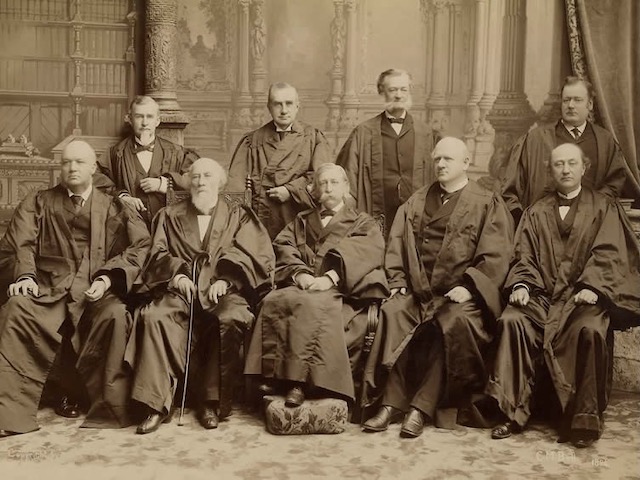


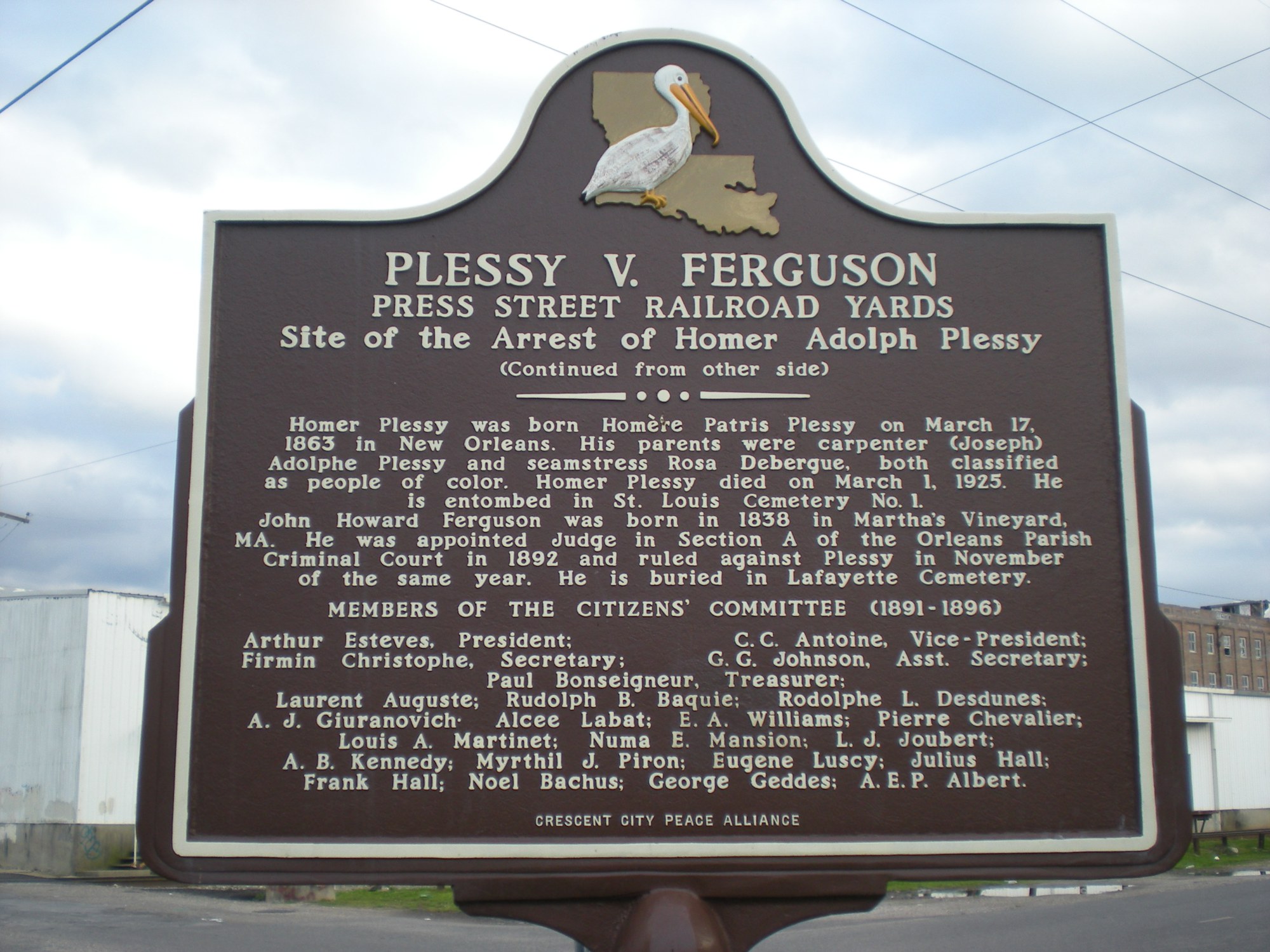


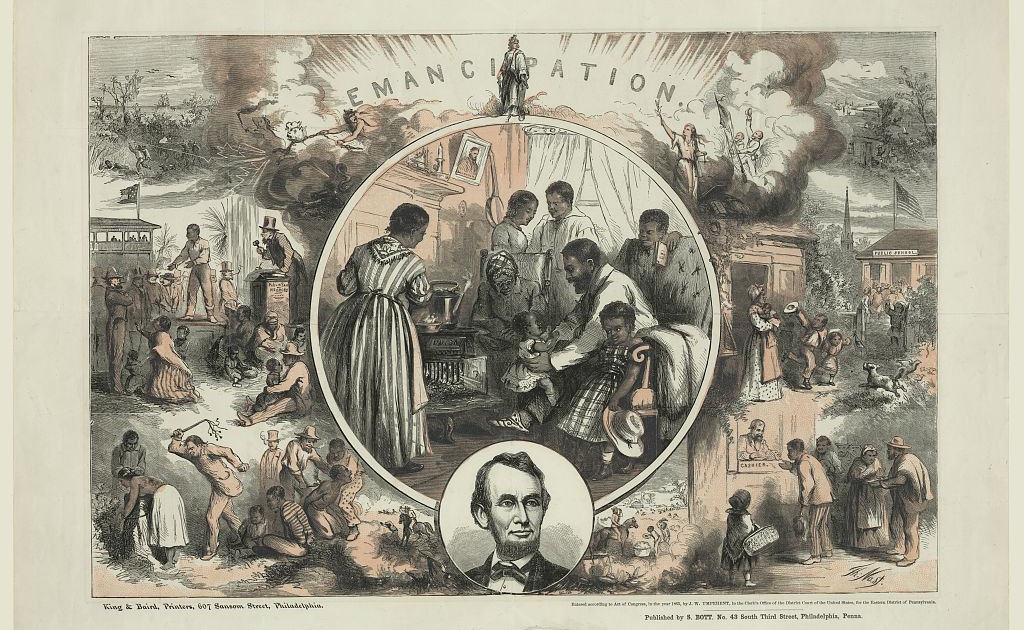
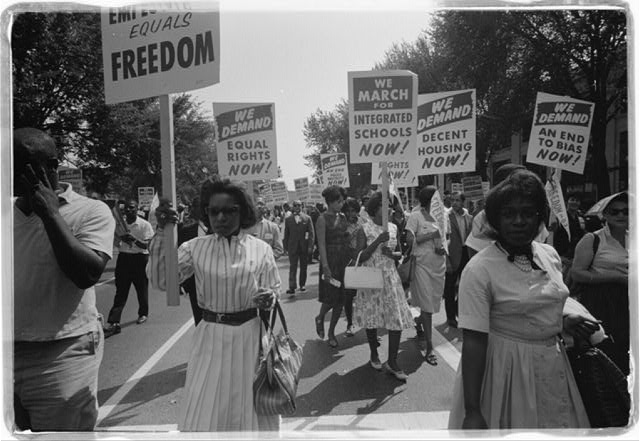

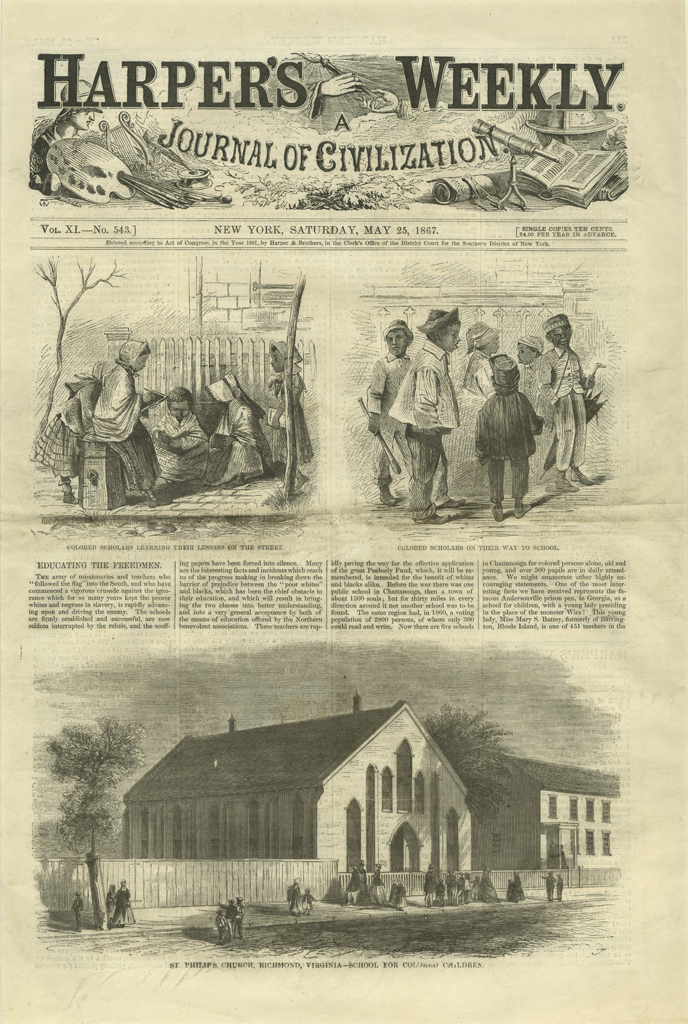

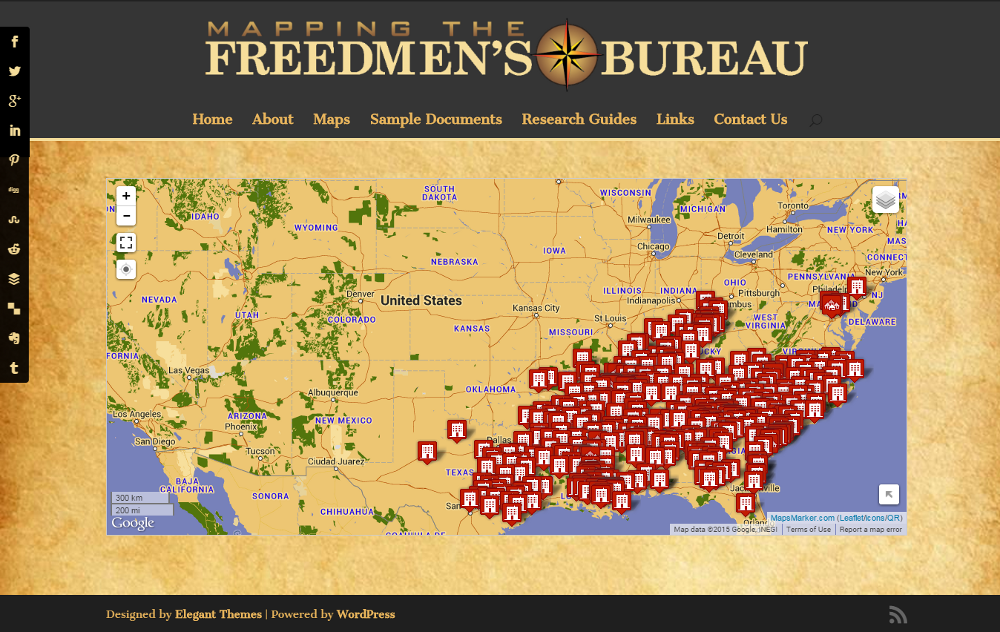



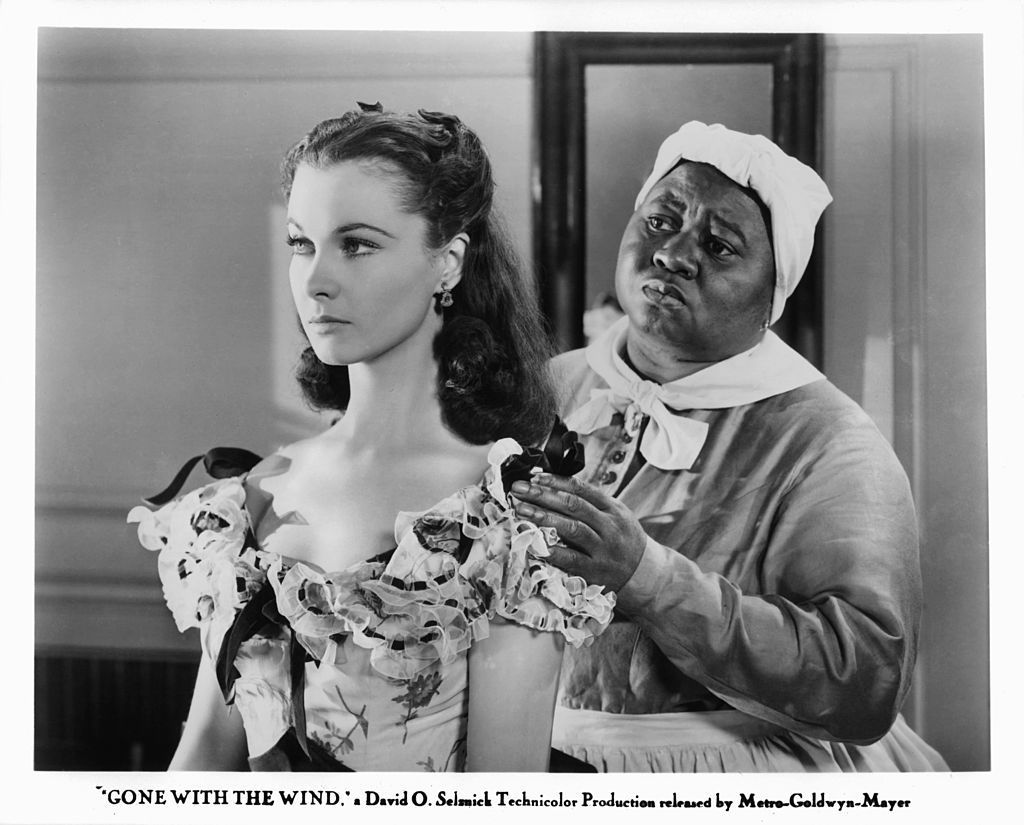



_restored.jpg)


